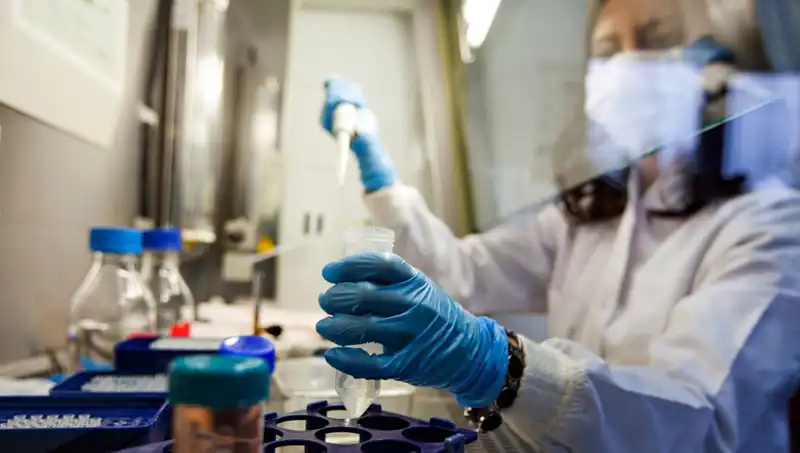Kolon Kanserinde Erken Teşhis İçin Devrim Niteliğinde Yeni Metod
Bilim insanları, kolon kanserini erken tespit edebilecek çığır açan bir çalışmayı tamamladı.

Bilim dünyasında yapılan yeni bir araştırma, kolon kanseri üzerinde devrim niteliğinde bir gelişme sunuyor. Kolon kanseri, dünya genelinde en yaygın görülen kanser türlerinden biri olarak her yıl yüz binlerce insanın hayatını tehdit ediyor. Bu bağlamda, erken teşhis yöntemlerinin geliştirilmesi, hastalığın seyrini değiştirebilecek kritik bir faktör. Araştırmacıların, kolon kanseri erken teşhisinde kullanabilecekleri yeni bir yöntem üzerinde çalışmayı tamamladıkları bu günlerde, tedavi süreçlerinin nasıl şekilleneceğine dair umut verici bir tablo ortaya çıkıyor.
Yeni Yöntemin Özellikleri
Recent studies led by a team at ABC University have focused on a novel biomarker detection system that promises to enhance early diagnosis of colon cancer. This innovative approach involves analyzing specific molecules present in the bloodstream, which can serve as indicators for the presence of cancerous cells. Unlike traditional screening methods such as colonoscopies, which can be invasive and uncomfortable, this new technique offers a non-invasive alternative that could revolutionize patient engagement and compliance in screening programs.
The researchers emphasized that the new method holds the potential to identify cancerous conditions at an earlier stage, significantly improving treatment outcomes for patients. The use of biomarkers for early detection is a hot topic in the medical community, and the findings of this study may pave the way for more extensive clinical trials. Such advancements are particularly crucial as they enable a proactive approach towards one of the most preventable forms of cancer.
Klinik Denemeler ve Gelecek Beklentileri
In the next phase, the research team plans to initiate clinical trials to assess the effectiveness of their biomarker detection method in diverse populations. A successful outcome from these trials could lead to the method becoming a standard practice within routine health check-ups, allowing for earlier intervention and potentially saving thousands of lives each year.
Moreover, beyond just early detection, the implications of this research could extend into precision medicine, where treatment plans can be tailored based on the specific biomarkers identified in each patient. This personalized approach not only enhances effectiveness but also reduces the likelihood of adverse effects, creating a more humane and scientifically driven healthcare environment.
The urgency for new techniques in colon cancer detection cannot be overstated. With the incidence of this cancer on the rise and many patients being diagnosed at later stages, medical professionals and researchers alike are eager for sustainable solutions. This study’s findings are a beacon of hope, providing not just an innovative detection method but also fostering a deeper understanding of cancer biology itself.
The research community is buzzing with excitement regarding the potential vast implications this could have on public health policies, early intervention strategies, and overall cancer care. As they closely monitor the progression of the clinical trials, there remains a collective hope that this new method could soon transform the landscape of colon cancer diagnosis and treatment.
In conclusion, the strides made in this groundbreaking study could herald a new era in how we approach colon cancer. By leveraging technology and molecular biology, scientists are not just finding ways to detect cancer earlier, but they are also redefining the patient experience in cancer screening and treatment. As researchers continue to push the boundaries of scientific inquiry, the future looks promising for a world where colon cancer is met with timely and effective intervention.









